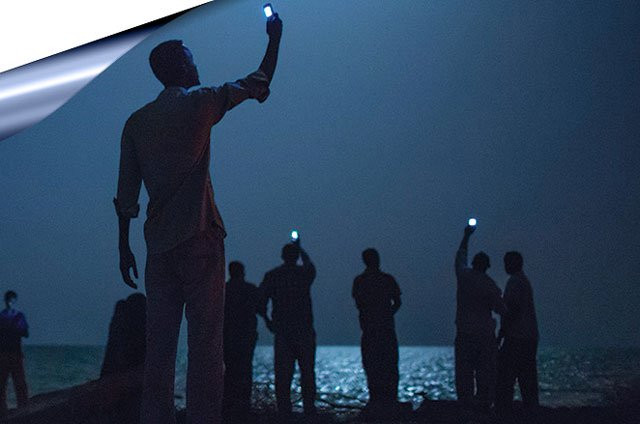Digitally divided
Pakistan is a long way away from taking advantage of the digital world

PHOTO: WORLD BANK
However, Pakistan’s failure to increase connectivity, especially in rural areas where it is most needed and could potentially help advancements in the health care and education sectors, cannot be looked at in isolation. The World Bank report highlights how high-income countries have benefited more from staying connected. Therein lies the difference. Pakistani governments are still looking to tackle basic issues, such as providing security to citizens and resolving power outages. Averting a balance of payments crisis and debt servicing are next on the list. Given these basic constraints, it should not raise eyebrows that increasing the connectivity level and access to internet are low on the priority list. The provision of basic education is the foremost issue that needs to be tackled because an illiterate person can hardly be expected to take full advantage of the benefits that the internet brings with it. The concept of online schools and lectures is not a far-fetched idea. Improving connectivity and access to basic rights, like education, can go hand in hand, and the internet can play a vital role in this regard. But in a country where video-sharing websites have remained blocked for years, we can only expect very gradual progress. Improvements need to take place at a much faster pace.
Published in The Express Tribune, January 18th, 2016.
Like Opinion & Editorial on Facebook, follow @ETOpEd on Twitter to receive all updates on all our daily pieces.















COMMENTS
Comments are moderated and generally will be posted if they are on-topic and not abusive.
For more information, please see our Comments FAQ